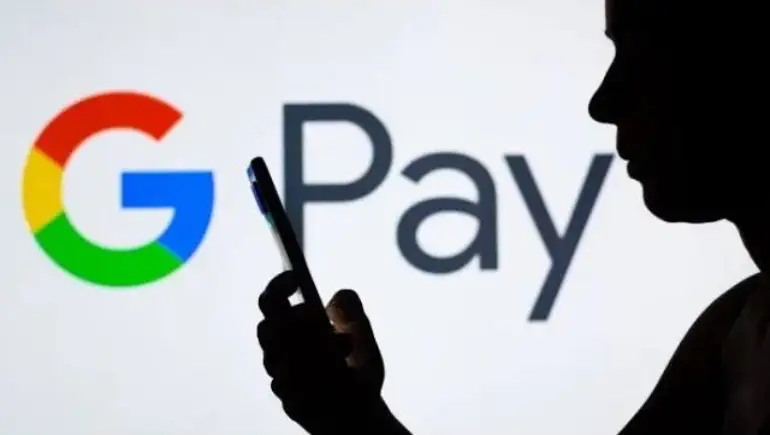
As Bangladesh steadily embraces the digital economy, the potential arrival of Google Pay could mark a significant milestone in its fintech journey. With mobile financial services (MFS) already booming and digital payments on the rise, the question now is: Is Bangladesh truly prepared for Google Pay’s digital leap? Let’s explore the readiness, challenges, and opportunities the country faces in integrating a global digital payment giant.
Bangladesh has witnessed remarkable progress in digital financial inclusion. With over 125 million mobile subscribers and a growing base of internet users, the groundwork for a digital payment ecosystem is firmly in place. Leading platforms like bKash, Nagad, and Rocket have already familiarized the public with mobile transactions.
Additionally, Bangladesh Bank has implemented regulatory frameworks for payment service providers (PSPs) and payment system operators (PSOs), creating a structured environment for digital finance to grow. The launch of Binimoy, an interoperable digital transaction platform, shows the country’s proactive stance toward fintech evolution.
Google Pay’s entry would bring global standards, enhanced convenience, and wider acceptance for both consumers and merchants. As a trusted brand with a secure and intuitive interface, it could help bridge the gap between cash-based transactions and modern digital solutions. It also opens the door to international remittances, e-commerce integration, and cross-border fintech partnerships.
Bangladesh’s banks have gradually adopted online banking, mobile apps, and QR-based payment solutions. However, to support a system like Google Pay, integration with NFC (Near Field Communication) technology, tokenization protocols, and merchant onboarding must become more widespread. Only a few banks currently offer the kind of open API ecosystems that platforms like Google Pay require.
Meanwhile, smartphone penetration, particularly in urban and semi-urban areas, is increasing rapidly. Affordable internet packages and the rising number of digital wallets suggest that consumer tech-readiness is also improving.
For Google Pay to operate in Bangladesh, compliance with local regulations is crucial. Bangladesh Bank’s cybersecurity guidelines, KYC/AML policies, and data localization requirements must be met. Encouragingly, regulators are showing openness to innovation while ensuring consumer protection and digital security.
Cybersecurity infrastructure, however, still needs improvement to match the sophistication of global payment platforms. Privacy concerns, fraud prevention mechanisms, and transparent dispute resolution processes must be robustly addressed.
Despite progress, challenges remain.
If Google Pay partners with local banks, fintech startups, and government initiatives like Digital Bangladesh, it could accelerate financial inclusion and digital transformation. Collaboration with platforms like bKash or Nagad could create a hybrid model that leverages Google’s technology and local market understanding.
Furthermore, merchants, especially in the e-commerce and SME sectors, would benefit from a secure, user-friendly platform that supports digital invoices, real-time payments, and customer analytics.
Bangladesh is on the cusp of a digital revolution, and Google Pay’s entry could be a game-changer. While the infrastructure and ecosystem are partially ready, significant strides in regulation, education, and technology are still required. With collaborative efforts from the government, private sector, and international players, Bangladesh can indeed be prepared for Google Pay’s digital leap—and even turn it into a transformative success.



-112x63.27.webp)




-132x74.57.webp)



Comments
There are no comments for this Article.